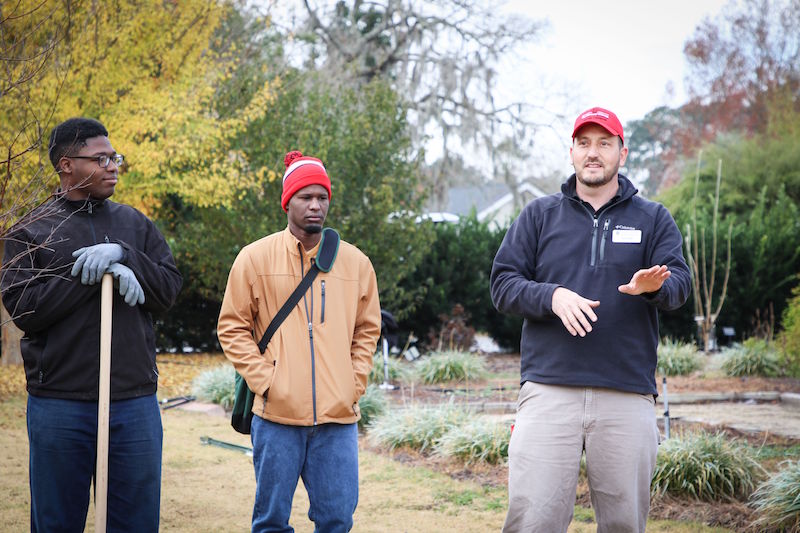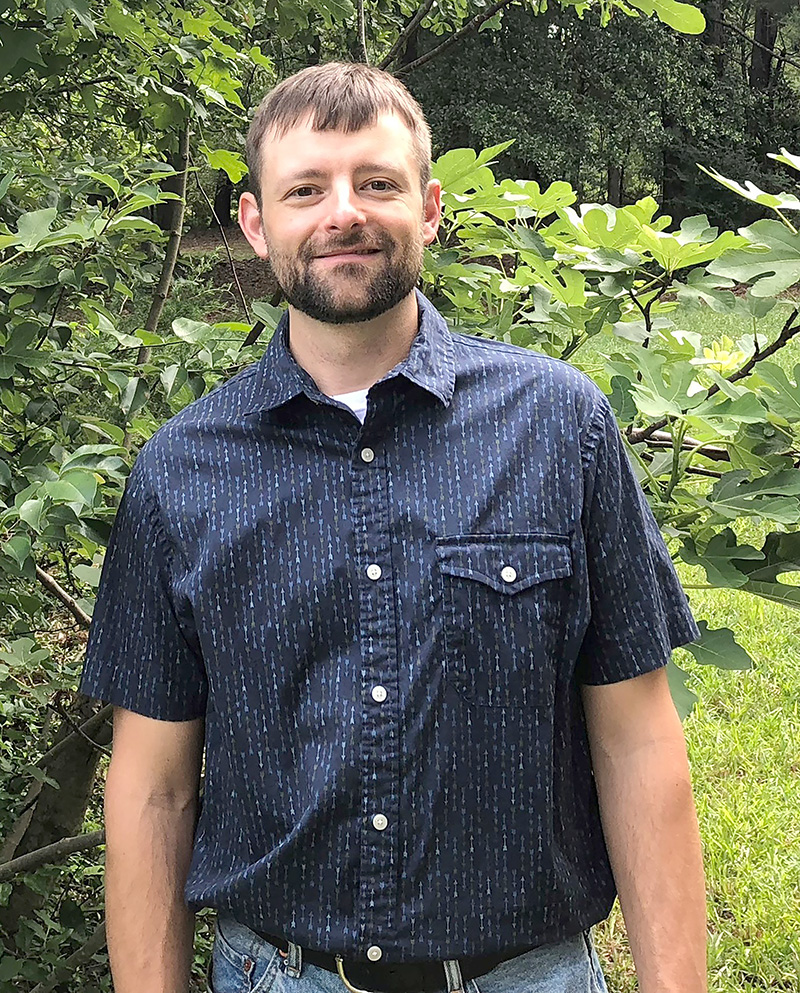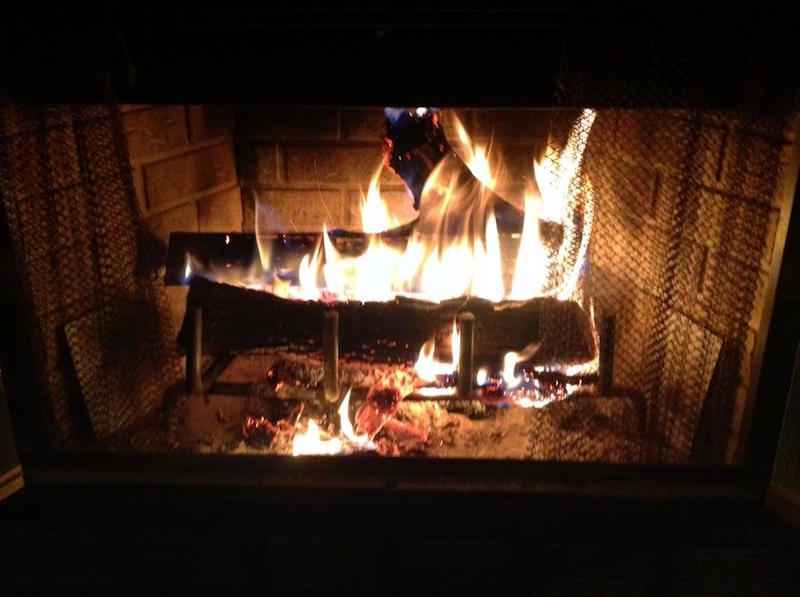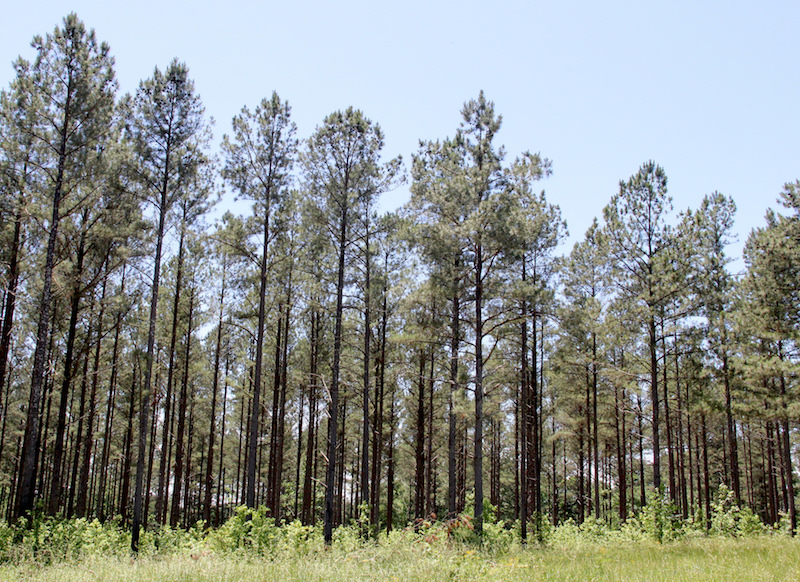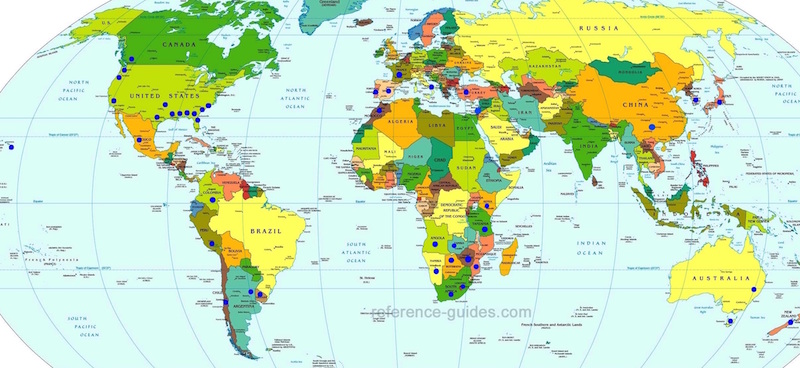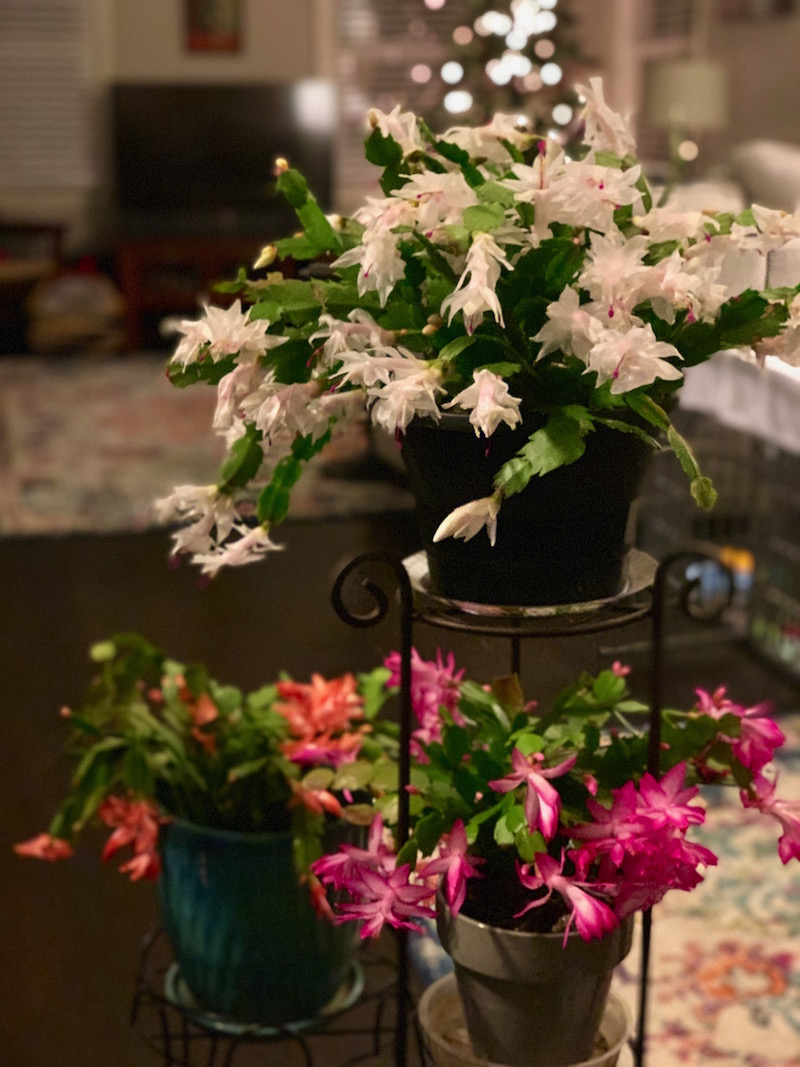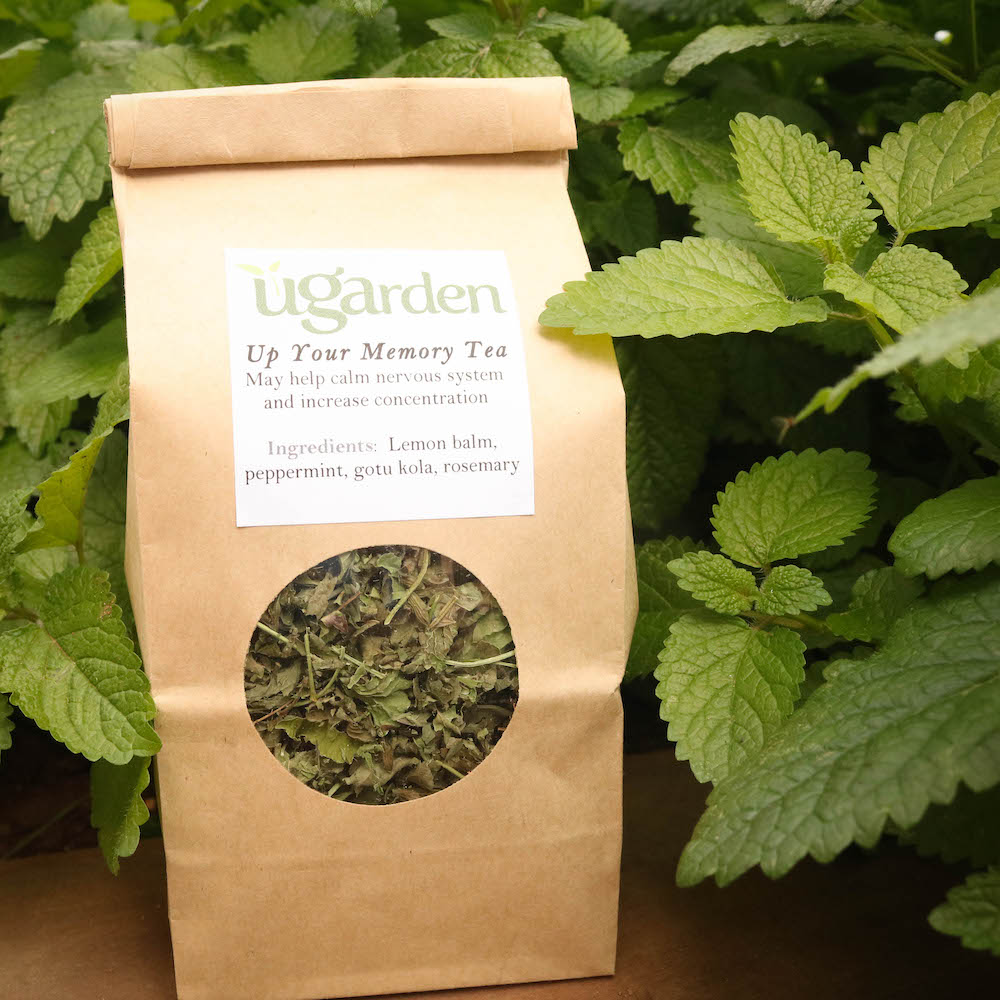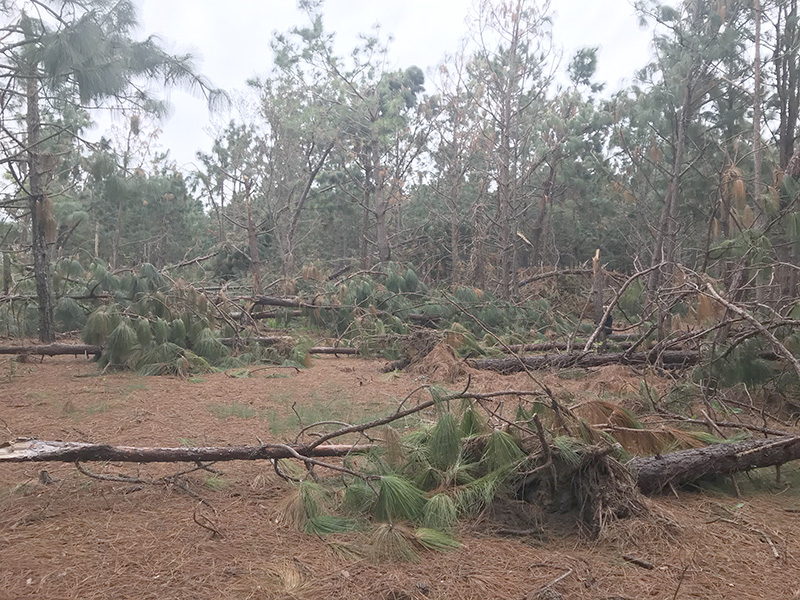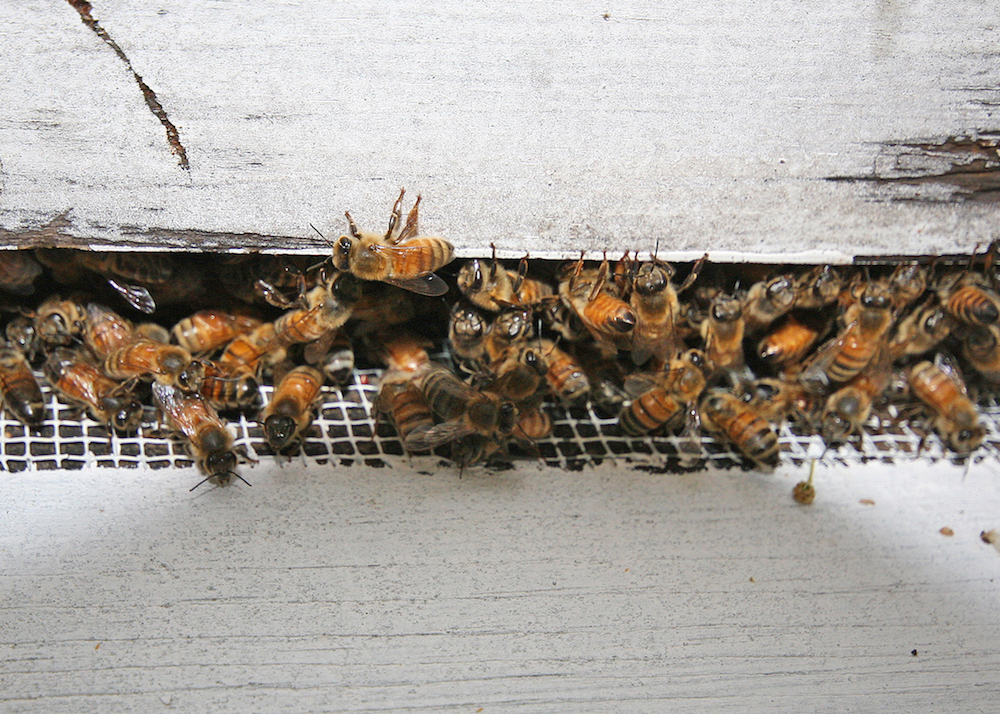 CAES News
CAES News
Countdown to Bee Count
As bees emerge from their nests this spring, have you ever wondered just how many there are out there? If so, you are not alone. University of Georgia entomologists are recruiting an army of citizen scientists to help count Georgia’s pollinators this August.

